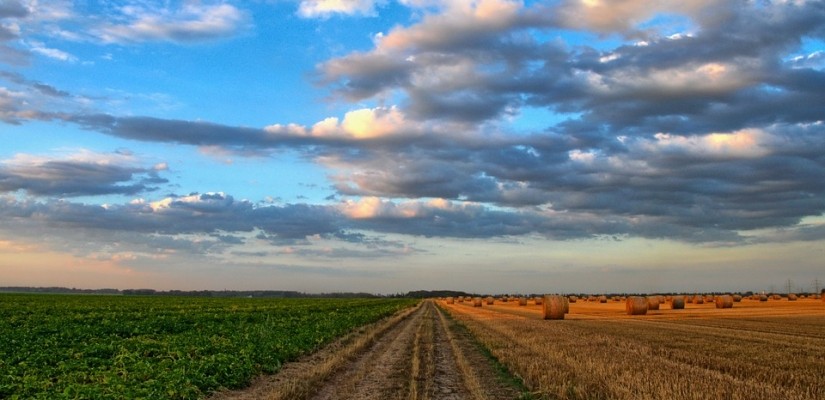The UN has predicted that the earth’s population will increase to over 9 billion by 2050, and that by that time the demand for food will increase by 70%. Rapid and widespread technological advances will prove essential if we are to meet this need. At the company level, this translates into the adoption of cutting-edge technologies to manage risk, promote efficiency, and increase production. Some of the most exciting developments involve the benefits associated with the combined use of Internet of Things (IoT), Big Data, and Artificial Intelligence (AI). These technologies fall under the purview of what has come to be referred to as “smart agriculture.” Estimates project a rapid growth in smart agriculture, with the market growing from roughly $7.53 billion in 2018 to $13.5 billion by 2023. While concerns over potential risks remain, farmers can apply these three technologies to significantly improve nearly every aspect of the farming process.
The technologies related to the IoT, Big Data, and AI complement and build upon each other to produce significant potential productivity gains for companies working in agriculture. Farmers can use satellite imagery and sensors spread over their land or attached to their equipment to gather diverse types of data such as temperature, humidity, soil nutrient levels, and the presence of crop-related disease. This network of sensors composes the IoT, and can feed a constant stream of data related to every aspect of the farm. Many major companies, such as Intel and IBM, are applying their significant storage and computing capabilities to IoT and AI-based products for farmers. Such products can provide tailored forecasts and operations advice for farmers based on their specific location, crop choices, and other related factors.

With advances in data storage and computing capabilities, farmers can now use AI techniques to analyze related data provided by the IoT. As AI capabilities develop, AI will be able to facilitate ever more precise tasks on the farm. Sensors placed on farm equipment can monitor various mechanical components and provide data that may foretell instances of potential equipment failure. Machine learning, made possible by advances in AI, can interpret such data to identify equipment that will need maintenance, and save farmers time and money on repairs. In addition to these advances, IoT and AI techniques related to computer vision can spot anomalies that are signs of disease, weeds, or the presence of pests. With such data, for example, farm equipment can apply pesticides only where needed. Such precision would significantly reduce pesticide costs for farmers. Updates or notifications based on these data can be sent directly to a farmer’s cellphone or email, greatly expediting the information-gathering process.
These developments related to the IoT and AI raise questions about security and privacy. All relevant stakeholders, such as the farmers, the companies that provide equipment and AI tools, customers, and regulators have an interest in ensuring that related technologies do not put data or production at risk. As the technologies develop, regulators will need to set out transparent and strict guidelines on data availability and equipment capabilities.
Looking at the big picture, these new technologies will contribute significantly to productivity gains for agriculture in the future. As many countries currently face acute labor shortages in the agricultural sector, such technologies could also help farmers compensate for this scarcity. Various countries will also face food shortages in the decades ahead. However, not all countries face exactly the same problems or possess exactly the same technological capacities. Developed and developing-country farmers possess varying levels of access to related technologies. Companies and governments will need to adapt products to meet the needs of different groups in agriculture markets.
